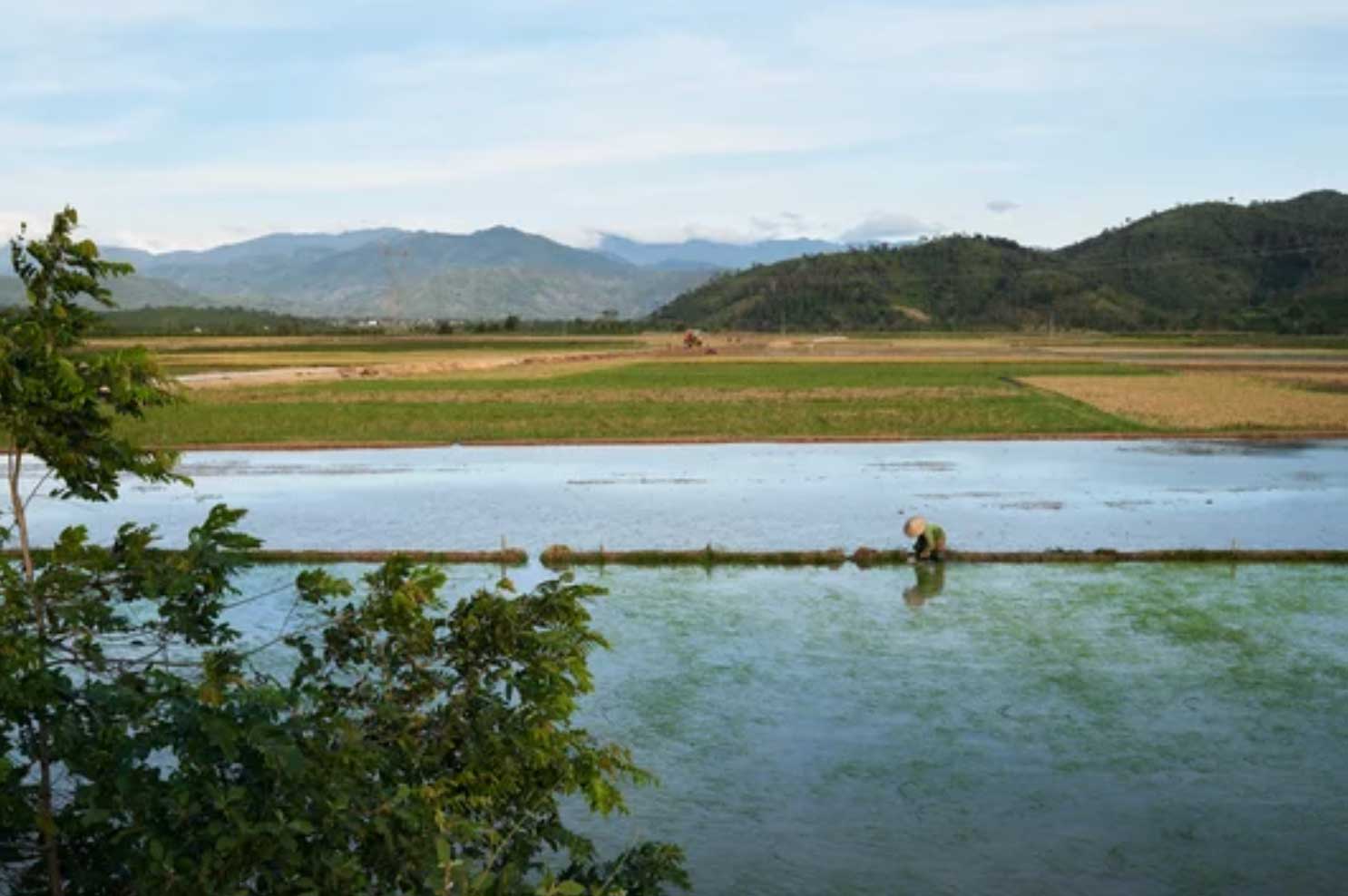Agriculture is a cornerstone of Caribbean economies, providing food security, employment, and export opportunities. Yet, the region’s agriculture faces mounting challenges due to climate change, erratic rainfall patterns, and increasing competition for freshwater resources. Amid these difficulties, rainwater harvesting and water management systems have emerged as transformative solutions for sustainable farming in the Caribbean. These practices not only optimize water usage but also enhance resilience against drought and other climatic stresses.
Rainwater Harvesting: A Time-Tested Practice with Renewed Importance
Rainwater harvesting—the collection and storage of rainwater for agricultural or domestic use—is an ancient practice with profound modern relevance. In the Caribbean, where water availability can vary drastically across wet and dry seasons, capturing rainwater ensures a steady supply for irrigation, livestock, and crop management.
Rainwater harvesting systems typically include roof catchments, gutters, downpipes, storage tanks, and filtration units. These systems are versatile, ranging from small-scale setups for individual farms to community-level reservoirs. According to the Caribbean Agricultural Research and Development Institute (CARDI), even simple rainwater harvesting systems can reduce dependency on municipal water supplies and groundwater, preserving these resources for other uses.
The Growing Relevance of Rainwater Harvesting in the Caribbean
Climate models predict significant shifts in Caribbean rainfall patterns, including more intense storms during the wet season and prolonged droughts during the dry season. The 2022 report by the Caribbean Community Climate Change Centre (CCCCC) emphasized that annual rainfall across the region could decrease by up to 40% by 2050. This alarming trend underscores the necessity of efficient water management strategies, such as rainwater harvesting.
Jamaica’s Ministry of Agriculture and Fisheries has actively promoted rainwater harvesting through subsidies and technical assistance for farmers. Similarly, in Barbados, where water scarcity is exacerbated by the island’s limestone geology, farmers have increasingly adopted cistern-based rainwater harvesting systems. These initiatives have bolstered agricultural productivity while mitigating the impacts of water shortages.
Water Management Systems: Precision for Sustainability
Beyond rainwater harvesting, advanced water management systems—including drip irrigation, moisture sensors, and soil water retention techniques—play a critical role in Caribbean agriculture. These systems maximize water use efficiency, ensuring that every drop of water contributes to crop growth.

Drip Irrigation: Reducing Waste, Increasing Yields
Drip irrigation delivers water directly to plant roots through a network of pipes and emitters, minimizing evaporation and runoff. According to the Food and Agriculture Organization (FAO), drip irrigation can reduce water use by 30-60% compared to conventional methods while increasing crop yields by up to 90%.
In the Dominican Republic, large-scale banana plantations have adopted drip irrigation systems, resulting in higher yields and improved fruit quality. These systems have also allowed farmers to expand cultivation during dry periods, enhancing food security and economic stability.
Moisture Sensors: Optimizing Irrigation Timing
Soil moisture sensors provide real-time data on soil water content, enabling farmers to irrigate only when necessary. This technology prevents overwatering, reduces water waste, and lowers energy costs associated with pumping water. In Trinidad and Tobago, pilot projects incorporating moisture sensors have demonstrated significant water savings and improved crop health, particularly in water-intensive crops like vegetables and sugarcane.
The Case for Integrated Water Management Systems
Integrated water management systems combine rainwater harvesting, irrigation technologies, and conservation practices into a cohesive strategy. These systems enhance the resilience of agricultural operations by balancing water supply and demand, even during extreme weather events.
A notable example comes from Saint Lucia, where the government’s Sustainable Agriculture Programme has supported the implementation of integrated water management systems in hillside farming communities. By combining rainwater storage tanks, contour farming, and drip irrigation, these systems have reduced soil erosion, conserved water, and increased crop productivity. Farmers in these communities report up to a 50% reduction in water usage alongside a 30% rise in yields.
Economic and Environmental Benefits
The adoption of rainwater harvesting and water management systems delivers multiple economic and environmental benefits. Financially, these systems reduce water costs, enhance crop quality, and stabilize yields, providing a reliable income for farmers. Environmentally, they decrease the strain on freshwater resources, mitigate soil degradation, and reduce the carbon footprint of agricultural practices.
Addressing Challenges and Expanding Adoption
Despite their advantages, rainwater harvesting and water management systems face obstacles in the Caribbean, including high initial costs, limited technical knowledge, and inadequate policy support. Addressing these challenges requires a multi-faceted approach:
- Government Support: Policymakers must prioritize water management in agricultural development plans, offering subsidies, low-interest loans, and tax incentives to encourage adoption.
- Education and Training: Farmers need access to training programs that demonstrate the design, installation, and maintenance of these systems. Extension services and community workshops can bridge the knowledge gap.
- Research and Innovation: Continued research is essential to adapt water management technologies to the Caribbean’s unique climatic and geographical conditions. Universities and agricultural research institutes play a pivotal role in developing context-specific solutions.
A Sustainable Future for Caribbean Agriculture
The integration of rainwater harvesting and water management systems into Caribbean agriculture is more than a necessity—it is a pathway to sustainable development. By ensuring efficient water use, these practices empower farmers to overcome the challenges of climate change and water scarcity, securing the region’s agricultural future.
As the Caribbean continues to grapple with the impacts of global warming and economic uncertainties, rainwater harvesting and advanced water management systems offer a beacon of hope. These techniques exemplify the resilience and ingenuity of Caribbean farmers, ensuring that agriculture remains a pillar of prosperity for generations to come.

